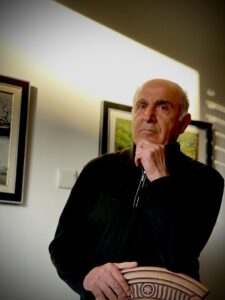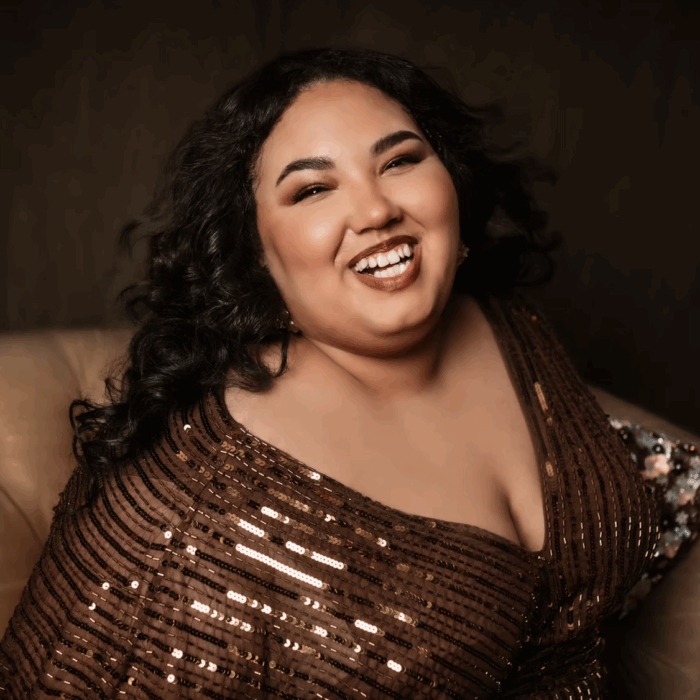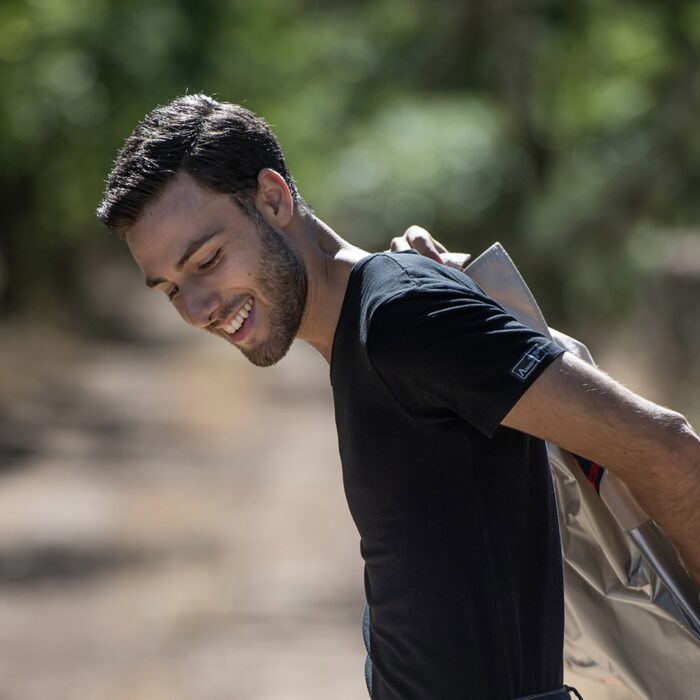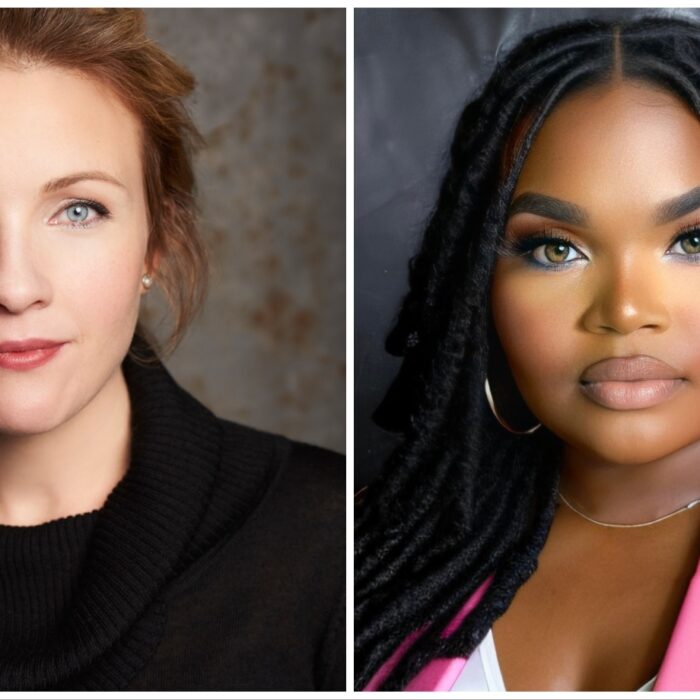
Q & A: Composer Josef Bardanashvili on His Azrieli Prize-Winning ‘Light to My Path’
By David SalazarAt an early point in his life, Georgian and Israeli composer Josef Bardanashvili was set to become a painter like his father and older brothers.
But it all changed at age 13 when he started to learn how to play the trumpet. From there, his love for music was irresistible and he would eventually make his way to the Tbilisi Conservatory where he would graduate with a degree in composition. Bardanashvili would hold the office of the Deputy Culture Minister in the Adjaria region from 1993-95 before heading to Israel where painting would return to his life. He has since been the composer-in-resident with the Raanana Symphonette orchestra between 1996-99 and the Jerusalem Camerata in 2009. Bardanashvili has taught at the Camera Obscura College, Bar Ilan University, and Jerusalem Academy of Music & Dance.
The composer, who notes Monteverdi, Bach, Mahler, Ravel, Schoenberg, Shostakovich, Takemitsu and Gia Kancheli, as his favorites, is among four laureates of the 2024 Azrieli Music Prizes, taking home the award for Jewish Music for his piece “Light to My Path,” a choral fantasy for mixed choir, saxophone, percussion, and piano. It is described as a reflection upon the Book of Psalms. OperaWire recently spoke to Bardanashvili about his composition and its inspiration.
OperaWire: Tell me about “Light to My Path” and what inspired it.
Josef Bardanashvili: “Light to My Path” is a reflection on the Book of Psalms, its emotional depth, and its sonic potential. Each movement emerges from one of the various states of faith—supplication, ecstasy, doubt, gratitude—which shape the Book of Psalms as a whole.
Accordingly, each movement of the work draws upon a different segment of the ensemble—a mixed choir and a unique instrumental trio consisting of saxophone, piano, and percussion—to create a choral commentary on a particular psalm. The poetic features of the psalms, including their parallel structure, prominent use of similes, and direct address to God, serve as the main unifying force, allowing the music to explore diverse stylistic paths.
OW: How did you arrive at the musical language for the piece?
JB: Before creating any large-scale work, composers enter a period where we develop a specific concept. Regarding this particular work, I have spent years setting the texts of the Psalms to music, as they have served as an endless source of inspiration over the centuries. Every spiritual condition of a person is brilliantly conveyed within them. This enables me as the composer to translate their feelings into music and present them to the listener with a unique artistic vision.
OW: What inspires your creative process?
JB: That’s a difficult question to answer. The joy of the creative process lies precisely in its sudden bursts of inspiration. After all, we play with sounds like children, and this endless game leads to various conclusions, ultimately culminating in the revelation of encountering a new work. The next stage of composition requires in-depth professional work.
I am originally from Georgia, where vocal and choral music is regarded as one of the nation’s unique treasures. The same can be said about Jewish synagogue music, which has been an important part of my conscious life since childhood. Within the limits of my ability, I strive to add a new impulse and color to this unique musical experience of my nation. Accordingly, “Light to My Path” represents an attempt at a new interpretation of my musical memory.
OW: What were some challenges you experienced while creating this work?.
JB: Composing each new work comes with its own challenges, especially when dealing with literary material like the Psalms. There are many different traditions of reading the Psalms; finding the appropriate form and color during their musical interpretation depends on one’s own aesthetic or creative exploration. Of course, I do not dismiss the possibility that eventually my idea may not even be accepted by the audience. Still, I frequently return to the truth that the creative process is the only space where I am truly free, where I can trust my inner voice.
OW: What do you hope audiences take away from the experience of your piece?
JB: It is very difficult to know how the listener will receive my work. As a composer, I have an objective desire to be truthful to myself and to the listener. In my opinion, the emotion emanating from the music should be sincere and the performance should reflect what’s in the music. I hope the result brings some spiritual joy to the audience. This inspires me to overcome the obstacles ahead as I start on the next work. I will be happy if “Light on My Path” enjoys success and introduces my work to the wider community of music lovers in a new way.


